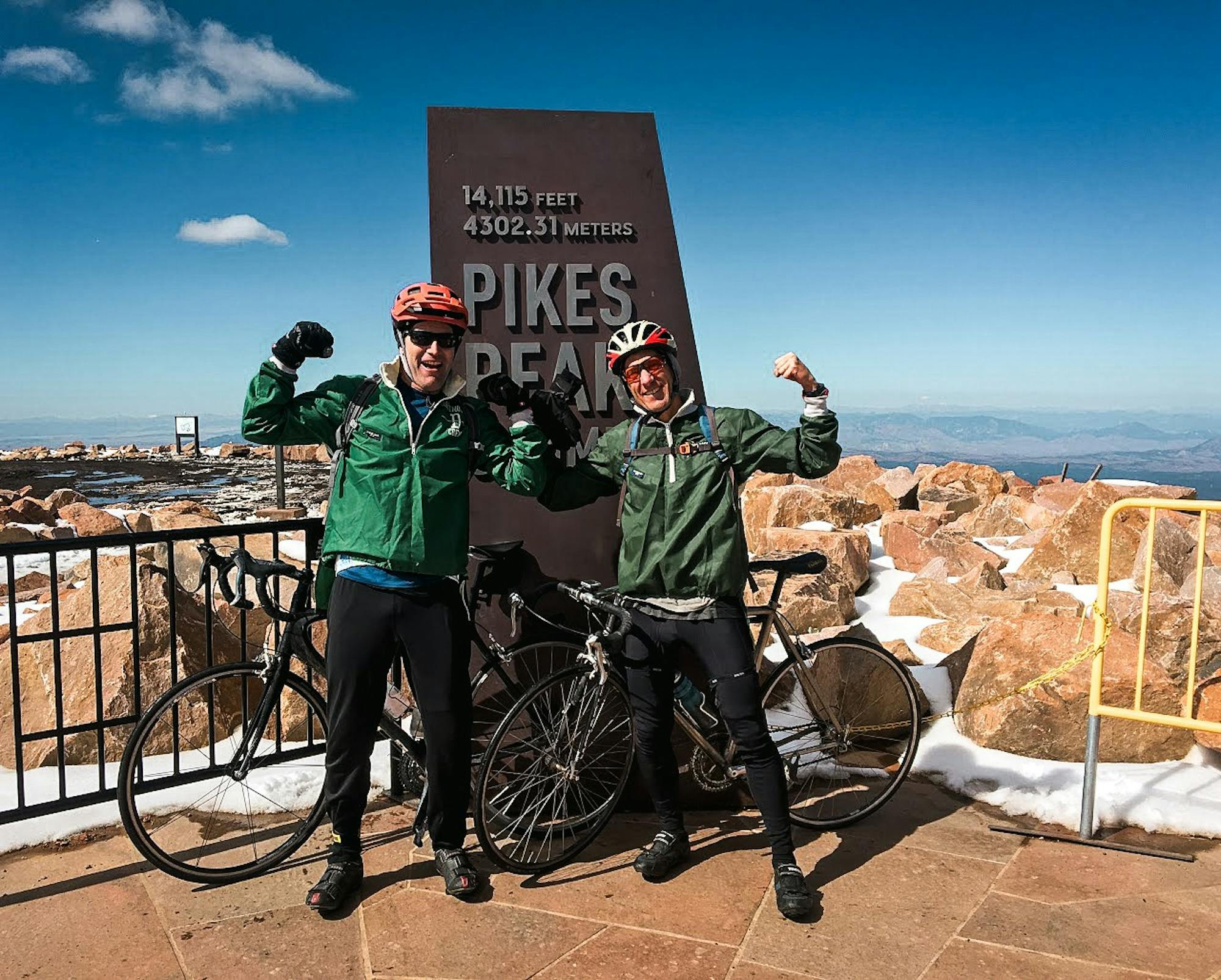The third Omundi Obura Peak Bag will take place on Oct. 9 to raise money for the Omondi Obura Fund for Mental Health and Suicide Prevention and bring greater attention to mental health at the College. Organized by alumni from the Class of 1988 lightweight rowing team, the event honors fellow crew member Omondi Obura ’88, who died by suicide before he could complete his degree.
The event centers on “peak bagging” — a term whose meaning originates in the concept of getting something “in the bag,” such as when one summits a mountain, according to Steve Hochman ’88, one of the event’s organizers and a rowing teammate of Obura. For the event, participants are encouraged to partake in some kind of physical activity, be it climbing a mountain or walking on the beach to fundraise. Although the fundraiser is based on outdoor exercise, its main focus is to normalize the conversation around mental health while also raising money for the the Omondi Obura Fund for Mental Health and Suicide Prevention, Kate Domin ’19 said, who participated in the event last year.
“It’s not about hiking,” Domin said. “It’s about spending time in nature, connecting with your community, thinking about your own mental health and the mental health of your community and the people that you care about.”
The event emerged “organically” during the pandemic when members of the Class of 1988 sought out connection during group Zoom calls in the summer of 2020, Hochman said. He added that he and his teammates decided to “bag peaks” that fall, but also wanted to do “something symbolic” for Obura. He added that although the “peak baggers” who participated in the event initially did so to honor Obura’s memory and develop a sense of community, by the second year of the event, it grew to also support mental health transparency on Dartmouth’s campus.
“[Community is] one of the things that helps most in putting people back on keel to the extent that they’re struggling,” Hochman said. “It’s not a single solution, but it’s a key factor. So we think [the event is] the right type of activity because it connects people.”
Since its first iteration in 2020, the number of peak baggers has grown from 55 in 2020 to about 150 in 2021, Hochman said. According to Domin, peak bagging for the fundraiser is accessible and inclusive to all: Participating does not need to be physically challenging. In 2021, participants’ engagement occurred on all seven continents and ranged from climbing Mt. Kilimanjaro to hiking Observation Hill in Antarctica, raising $250,000 overall, Hochman said.
Despite the fact that the Omondi Obura Peak Bag started with a small group of alumni, the event invites anyone and everyone to participate. According to Hochman, there are no prerequisites, restrictions on age, class year or previous time spent outdoors, or a requirement of any affiliation to Dartmouth to participate in the event.
“Something that’s important, to me, at least is [that the event is] really accessible and inclusive. The ‘peak bag’ term is borrowed from DOC language of ‘summiting a peak,’ but the way that we use it is like anything can be your peak,” Domin said. “Last year, I was in suburban Massachusetts, and my peak was taking a walk around my grandparents’ neighborhood.”
Domin said that the event is primarily about connecting with those around you and reflecting on your own mental health and the mental health of your community on a larger scale. In addition, she noted the importance of the “tangible” act of raising funds for mental health and suicide prevention on campus, something that she said she noticed was necessary during her time at Dartmouth.
“I think a lot of young people struggle with issues of mental health. Some are aware of the resources that they have available to them, some [aren’t],” Domin said. “Dartmouth is a really rigorous place … [the College has] to be prepared to support students who are going through really difficult transitions from, you know, places that are really far from Dartmouth … as well as the academic transition and social transition.”
The Omondi Obura Fund for Mental Health and Suicide Prevention, established by coordinators of the Omondi Obura Peak Bag and the College’s development office, works in connection with the Dartmouth Cares Initiative to “fill the gaps” in mental health support on campus, according to Domin. The fund attempts to reduce the stigma associated with mental health by promoting inclusivity, training community members to recognize and help students at risk and providing educational programs and materials about suicide prevention.
Gannon Forsberg ’25, who has helped the event organizers with outreach to current students this year, said that they are looking into creating events for students on campus to foster the community that is necessary for supporting mental health on campus. The Dartmouth Outing Club will be organizing a hike to Mount Washington on Oct. 9 — which will also honor Sam Gawel ’23, who died by suicide on Sept. 21.
“[The event organizers] want the students at Dartmouth to know that there’s this whole group of people, this whole generation of graduates that care about them,” he said.




